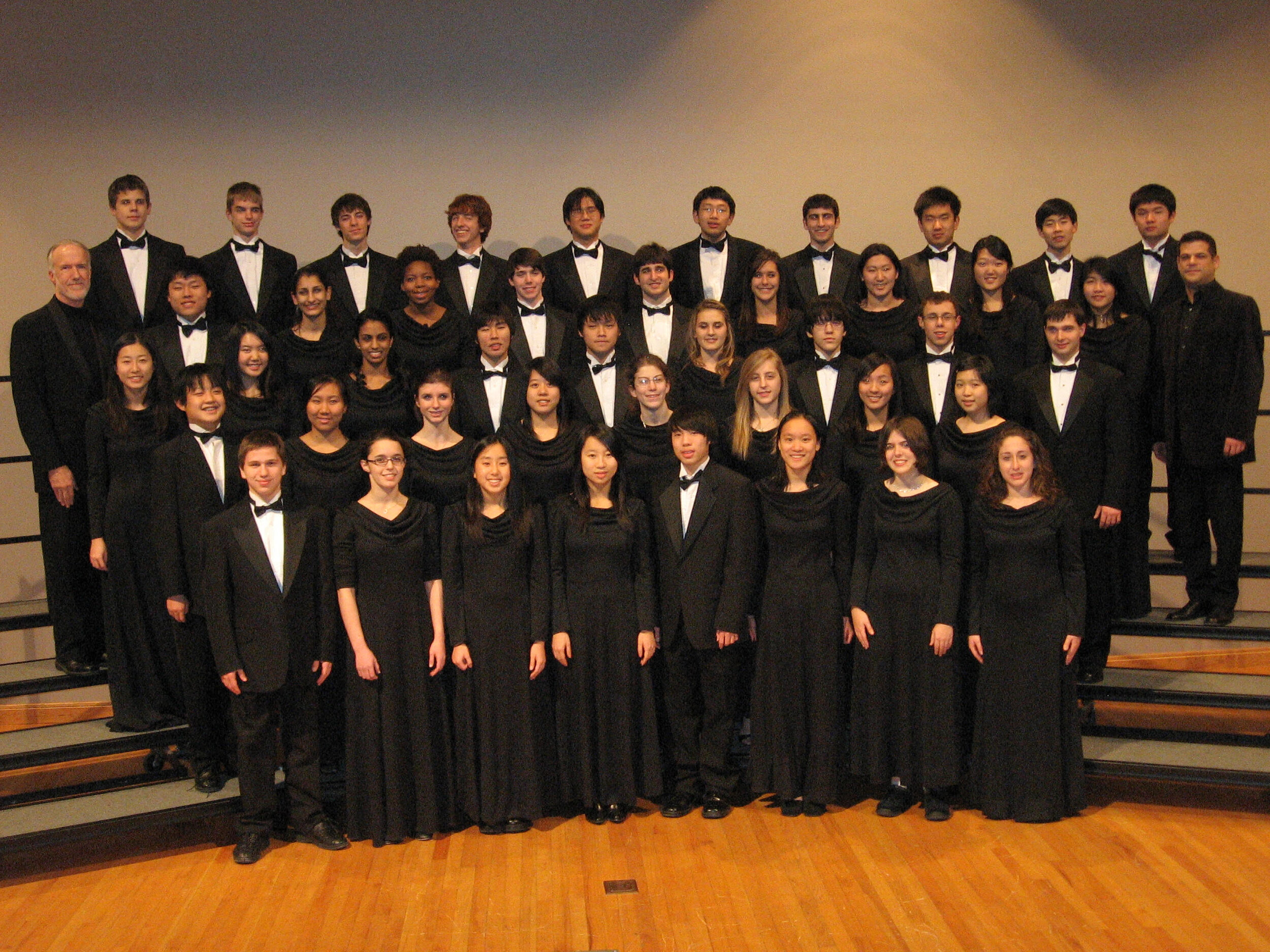
Peer Coaching
Group instruction is imperative in ensemble classes, but group assessment of individual progress is dubious at best. When presenting a new concept, giving a presentation to an entire class is the most efficient method. It is essential, however, to find ways to individualize assessment of mastery and to provide for each player until mastery is demonstrated.
Setting up an effective peer coaching environment makes this transformation possible. When possible, pre-train 20% of each class as far through the curriculum as possible. When you start the process, you may well be only pre-training the next unit as you go along. Once you’ve been through a school year, you’ve got excellent peer coaches on day 1, except for those class that are 100% newbies in your program.
By pre-training 20%, you have 1 coach for every 4 who are new to the concepts. The coaches are normally quite busy during “work days” - more on this later - and the others seldom have to wait for confirmation that they are on the right track and can move on with confidence. In this setting, far more learning gets done in one class period than is possible any other way.
In employing peer coaches, you’ve got the quickest learners actively engaged in supporting 60% of the rest of the class, keeping them actively engaged, too - leaving you valuable time to be working directly with the individuals who most need your support the most. Make sure that Peer Coaches understand that they should focus on helping peers discover what questions to ask, not on giving correct answers.
In this way, Peer Coaching through the Chaffee Core Musicianship Project is a win / win / win / win.
Mastery process
In the Chaffee Core Musicianship Project (CCMP), teachers are encouraged:
To present each unit
To encourage students to watch the unit introduction video independently as needed
Study the guides
Take the mastery assessment and turn it in as a part of grade requirements for the ensemble class
Work Days
Work Days are rehearsals that are used for students to work individually or in pairs on curriculum assignments.
The Rhythm Workshop and Key Shapes materials and activities were designed within a program that values the development of student leaders in a variety of ways. They work best when individualized learning assessments are embedded in the curriculum. Student grades objectively on demonstrated knowledge gain, not on how well each student plays.
By setting aside occasional rehearsals to allow students to work individually on the CCMP assignments and taking advantage of an active Peer Coaching program, the players quickly become independent musicians with greatly improved sight reading skills. The amount of time allotted to Work Days is a tiny fraction of the amount of time currently required for remediation.
Objective Grading
Grades are based on objective reporting of assignments completed. Objective grading is easy to justify to students, parents, and administrators by providing data that can be used to analyze the success of the curriculum and the progress of each student. Objective grading eliminates complaints of playing favorites, pinpointing which students need support and where they are struggling.
Putting a “due date” on each assignment helps to move the process along, and allowing retakes encourages moving from a “failure is inevitable - I never understood this before” attitude to a “this was never clear before, I’m glad I’m finally being given the opportunity for mastery” attitude. When that attitude change pervades your ensemble, a monumental energizing will lift your program in ways you cannot imagine.
Learning Outcomes
More rehearsal time
The higher the percentage of individual mastery of each core concept within your groups, the lower the need to stop for remediation in your rehearsals. This gives you more to work on the musical nuance you yearn to explore.
Improved behavior
The students who are most in need of your help are the ones who are most likely to be showing their embarrassment in not “knowing” through behaviors that drag the group down. Conversely, the students who have benefitted the most from your individualized attention are likely to become the best peer coaches and your biggest fans (as will their parents).


